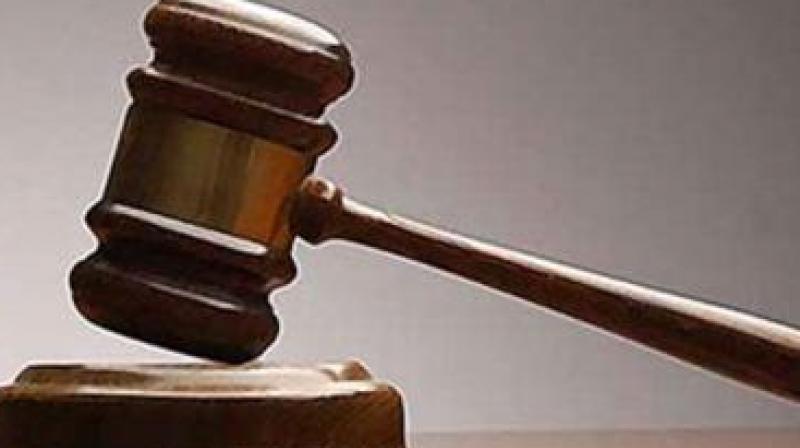POCSO cases: Karnataka High Court faults special courts
The High Court was hearing a bail petition filed by a 20-year-old accused of offences under POCSO Act.;

Bengaluru: Expressing concern over the manner in which child sexual abuse cases were being tried by Special Courts, the High Court has passed directions especially with regard to the recording of evidence of child victims.
“The Special Courts from this date onwards shall comply the mandate of Section 35(1) of the Protection of Children from Sexual Offences (POCSO) Act in its letter and spirit,” Justice Rathnakala has ordered.
The Sec 35 (1) of the POCSO Act states that the evidence of the child shall be recorded within a period of thirty days of the Special Court taking cognizance of the offence and reasons for delay, if any, shall be recorded by the Special Court.
“Day in and day out, bail petitions are moved before the High Court in respect of the cases registered on the allegation of the offences under the POCSO Act and it has become a common ground in many of such bail petitions that for a long time, the accused is in custody and charge is not framed and a statement of the victim is not recorded in accordance with the mandate of Section 35(1) of the POCSO Act,” the High Court observed in its order dated July 13.
The High Court was hearing a bail petition filed by a 20-year-old accused of offences under POCSO Act.
The court further observed that it may be true that the Special Court is flooded with a large number of cases under the general law and also under other special statutes, but the importance of recording of the evidence under Section 35(1) of the Act cannot be lost sight of, for whatever reason.
“The Special Courts constituted under the Act henceforth shall keep in mind their obligation under Section 35(1) of the Act and shall not excuse themselves on the ground of heavy work load, lack of time, non-production of properties etc,” the court said.
The Investigating Officer or his successor at the relevant point of time shall also bind over himself to the mandate of Section 35(1) of the Act, though there is no such separate express provision for him, said the High Court, adding that if the Presiding Officer notices callous attitude on the part of the Investigating Officer in producing the properties, the same shall be brought on bench in the ‘crimes’ meeting held with the Police Officers of the District and the matter shall be brought to the notice of the superior Police Officers.
“Even if the Investigating Officer fails to produce the property on the date called for, that shall not stop the Court from recording the statement of the victim child and adjourn the case to fix further date of trial,” states the High Court order. The High Court further stressed that one has to view a situation where a child victim, who was of a tender age at the time of the incident, is brought before the court after a year or two and made to depose. “Naturally, it would be traumatic for the child to recall the details of the horrible experience. The other side of the story could be, the child could have been tutored under the guise of brushing his/her memory before commencement of recording of the evidence. In either way, there is a likelihood of miscarriage of justice,” it stated.
It is said that time is the best healer, who knows that with the by passage of time, the victim and family members may give up and not like to submit themselves for the hassles of cross-examination and court procedures, the High Court observed.

